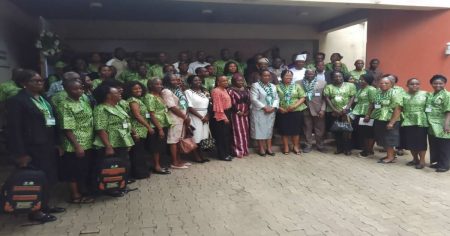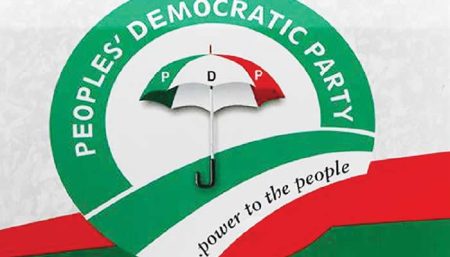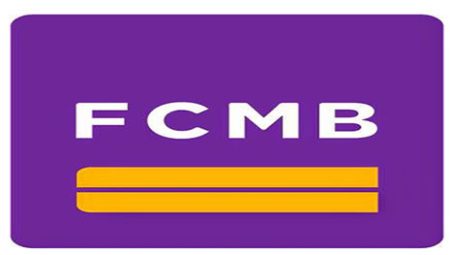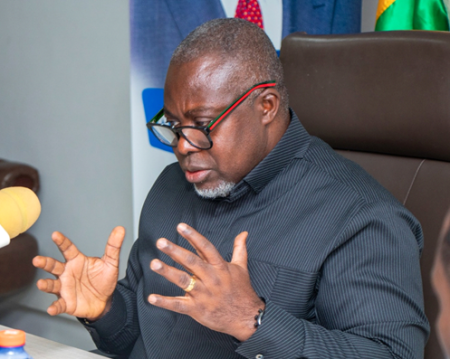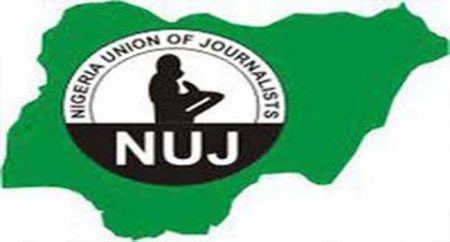Dangote’s Doubts and the Troubled History of Nigerian Refineries
The viability of Nigeria’s state-owned refineries has been called into question by business tycoon Aliko Dangote, president of the Dangote Group. Dangote expressed skepticism about the possibility of the Port Harcourt, Warri, and Kaduna refineries ever functioning effectively again, despite billions of dollars invested in their supposed rehabilitation. His concerns stem from a personal experience with these refineries, having attempted to acquire them in 2007 under the Obasanjo administration, only to have the deal reversed by the succeeding Yar’Adua government. Dangote revealed that the then-managing director of the refineries convinced Yar’Adua that they could be made operational, leading to a substantial investment of approximately $18 billion over the years. Despite this massive expenditure, the refineries remain largely non-functional, prompting Dangote’s doubts about their future prospects. He likens the repeated attempts at turnaround maintenance to modernizing a 40-year-old car, highlighting the inherent limitations of trying to upgrade outdated technology.
Dangote’s skepticism echoes earlier criticisms by former President Olusegun Obasanjo, who had also cautioned against the continued investment in these refineries. Obasanjo recounted how international oil companies like Shell had declined to operate the facilities when approached, indicating the extent of the challenges involved. He further revealed that the initial sale of the refineries to Dangote and his team for $750 million was overturned based on the NNPC’s assurances that they could manage the refineries effectively. Obasanjo believes that the NNPC’s insistence on managing the refineries, despite their known limitations, was motivated by self-interest and the opportunity for corruption. He lamented the wasted resources, estimating over $2 billion spent since the aborted sale, with no tangible results. Obasanjo’s frustration is palpable, suggesting that those responsible for this mismanagement should face legal consequences.
The ongoing saga of Nigeria’s refineries highlights the challenges of managing complex infrastructure projects and the pitfalls of political interference in technical matters. The repeated failures to revive these refineries have not only resulted in significant financial losses but have also perpetuated Nigeria’s dependence on imported refined petroleum products. This dependence has wide-ranging implications for the Nigerian economy, impacting fuel prices, foreign exchange reserves, and the overall cost of living. The situation underscores the need for a clear and sustainable strategy for the country’s refining sector, one that prioritizes efficiency, transparency, and accountability.
Calls for privatization have intensified, particularly from organizations like the Manufacturers Association of Nigeria (MAN), who see the refineries as a drain on the national economy. The recent shutdowns of the Port Harcourt and Warri refineries, shortly after being declared operational, have further fueled these demands. Industry experts, including crude refiners, have even suggested selling the refineries as scrap and using the proceeds to fund modular refineries, which they believe would be a more cost-effective and efficient solution. This drastic proposal underscores the depth of frustration and the perceived lack of viability of the existing refineries.
The continuous expenditure on these refineries, despite their persistent underperformance, raises serious questions about resource allocation and financial prudence. Reports indicate significant sums allocated for rehabilitation and turnaround maintenance over the years, including $1.4 billion for Port Harcourt, $897 million for Warri, and $586 million for Kaduna. The recurring expenditure, without corresponding improvements in refinery output, suggests a systemic problem that goes beyond technical challenges. The lack of transparency and accountability in the management of these funds further exacerbates public concerns.
The NNPC’s lack of responsiveness to inquiries regarding the refineries’ status adds another layer of opacity to the situation. The absence of a designated spokesperson and the unavailability of listed contact persons hinder access to information and contribute to the perception of a lack of accountability. This lack of communication further erodes public trust and fuels speculation about the true state of affairs within the NNPC and the management of the refineries. The ongoing debate about the future of Nigeria’s refineries underscores the urgent need for a comprehensive and transparent assessment of the situation, followed by decisive action to address the underlying issues. Whether privatization, modular refineries, or another solution is adopted, the key lies in ensuring efficient and sustainable operations that can meet Nigeria’s domestic fuel needs and reduce its reliance on imports.






